
views
Srinagar: As Mehbooba Mufti arrived on Sunday at Srinagar’s Sher-i-Kashmir park, thousands of workers of her party stood up and gave her a rousing welcome. She went close to the people, who had come from different parts of the Valley to celebrate the 20th foundation day of Peoples Democratic Party (PDP) and shook hands with many.
Overwhelmed, apparent from her face, by the sheer number of people present, the PDP president and the former chief minister of Jammu and Kashmir made a fiery speech. “I want to tell the central government that any tinkering with Article 35A will be like setting a powder keg on fire….” The workers responded with claps and loud sloganeering in praise of the party and Mufti.
This was Mufti’s first such address to workers after her humiliating defeat in the parliamentary polls in May this year. She lost from the Anantnag seat, which was once considered a PDP bastion, by about 10,000 votes to National Conference (NC) candidate retired judge Hasnain Masoodi, who was contesting polls for the first time.
The number of party workers, despite the downpour, was a reassuring sight for the party even as the stage portrayed a strange and contrasting image —only two founding members of the party were present with Mufti (60). Nonetheless, she appeared as confident as she used to be before her the party came into power in 2015.
“New Delhi knows that the PDP is the only party that stands like a wall to protect Jammu and Kashmir’s special status and identity,” she said. “They can even send Mehbooba Mufti to jail. But don’t worry. Ours is the only party that can fight as we do not have any baggage.”
After the convention came to an end, Mufti left for her official residence, while other leaders stayed back for some time in the party’s office, adjacent to the venue.
The mood in the party office seemed to depict the real picture of the 20-year-old party, founded by former union minister Mufti Mohammad Sayeed. The leaders, settled in a room, discussed how the gathering would have been much bigger “had the weather been fair”.
As a sort of custom, on the day of anniversary every year, ‘Kehwa’ used to be served. After waiting for a couple of hours, Abdul Rahmaan Veeri, a senior party leader, asked the office boy why he was late with the saffron-tea. To his surprise and others present in the room, no Kehwa was prepared this time.
Along with the two founding members — Veeri and Ghulam Nabi Hanjoora —the other party men looked dejected. The discussion among the party leaders moved on to how the governor-led administration was making a mockery of the Valley’s mainstream parties.
A small meeting hall, which used to be crowded on such a day in the previous years, wore a deserted look. Few chairs were occupied. The only striking sight was a life-size photo of the party founder, Mufti Mohammad Sayeed, at the Line of Control (LoC), captured on the day when bus service was started across the LoC in 2003.
The party, founded by Sayeed in 1998, with the agenda of self-rule and alternate politics, is falling brick by brick. The rebellion started in the party soon after an abrupt end to the PDP-BJP collation government in the state. The Bharatiya Janata Party (BJP) pulled out and Mehbooba Mufti, who was heading the government, was left stunned.
Though smaller cracks had started appearing after Mufti Mohammad Sayeed forged an alliance with the BJP. However, less than a year after taking over as CM, Sayeed died and his daughter Mehbooba Mufti took over.
Under Mufti’s stint, things turned worse both in Kashmir and her party. She was accused of promoting her relatives in the party and overlooking senior and capable leaders. It all came out with the fall of the government.
Since then, about eight very senior and key leaders, who have been ministers in the government left the party, accusing Mufti of forming a coterie around her and promoting them. The last resignation came from a former lawmaker and founding-member of the party, Khalil Bandh.
When Bandh, a leader hailing from south Kashmir’s Pulwama, announced his sudden resignation, Mufti who was in New Delhi, rushed to Srinagar even though she had undergone a recent surgery and was recovering.
Like the leaders before him who had quit the party, Bandh said the PDP was no more what it used to be and was supposed to be. “The party now belongs to a few people. They run it and take decisions,” he said and added this select few were being promoted by Mehbooba Mufti for her personal benefits. “The PDP has failed people,” said Bandh as he moved on to join the National Conference.
Resignation of senior party leaders is not the only crisis the PDP is going through. The leaders who are still attached to the party are at loggerheads among themselves.
This was evident from the recent foundation day function which many senior leaders chose to skip. Party spokesperson Rafi Mir, however, denied any rift in the party leadership. “Some people were out of station and few were ill. All cannot be present at every function,” Mir told News18.
In the 2014 parliamentary elections, the party won all the three seats in Kashmir. Five years later, it tasted defeat in all these seats, the most humiliating among them being Mufti’s loss in her hometown.
The crisis was apparent among party workers as well. Mohammad Imran, a worker who had travelled all the way from Anantnag to attend the function was disappointed with the party.
“I came here because I am close to one of the leaders of the party,” said Imran, adding, “Otherwise, the party has left us embarrassed every time.” Imran said he did not vote in the last election.
“I am a PDP supporter and have been working for the party since a decade. But in the last election, my conscience didn’t allow me to vote for Mehbooba Mufti,” said Imran.
The PDP was the party that had initiated a call for alternate politics, something that many refer to as politics of soft-separatism and ended up forming the government with the Bhartiya Janta Party (BJP) that stands on the opposite side of this ideology.
“In the PDP, we were not only hoping that they will bring development to Kashmir, but our vote was for peace and resolution to the Kashmir conflict,” Imran said.
Mufti Mohammad Sayeed, he said, would talk about bringing New Delhi and Islamabad close. But, as Imran put it, all that died with Sayeed’s demise.
The party is at the threshold. Half of the top leadership has quit the party and those who remain do not share good terms with each other. This seemed to be an open secret.
“Mehbooba Mufti, while in power promoted her relatives, which alienated the party leadership,” said a senior functionary, who was of the opinion that it was only a matter of time before others also put in their papers.
Mehbooba and those loyal to her hope the party to continue the way it is, if not grow. “There is fear of the PDP disintegrating,” said a young party leader.
Some of the PDP leaders, however, are still hopeful.
“We have to believe in the reality that people have left us… But this is not the end of the PDP, it’s the beginning of a new chapter,” said Aijaz Ahmad Mir. People like Aijaz might still be hopeful and optimistic, but the rot in the party was quite telling and required urgent corrective measures.











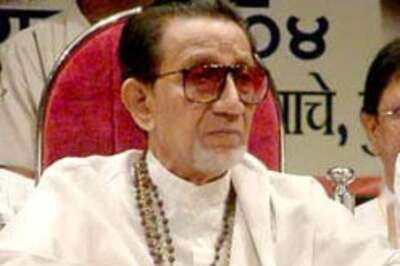
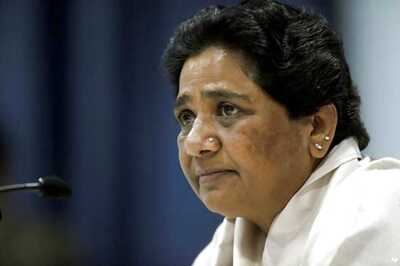
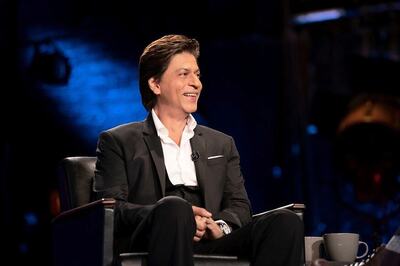

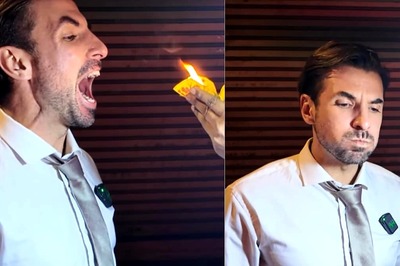
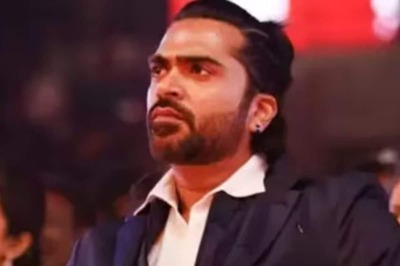
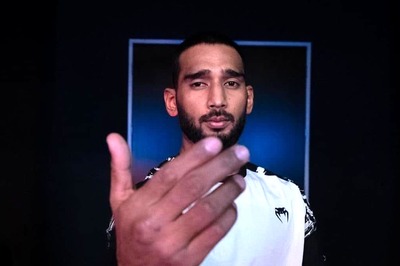
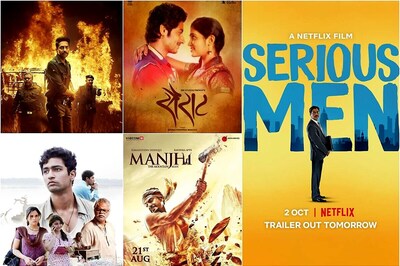

Comments
0 comment